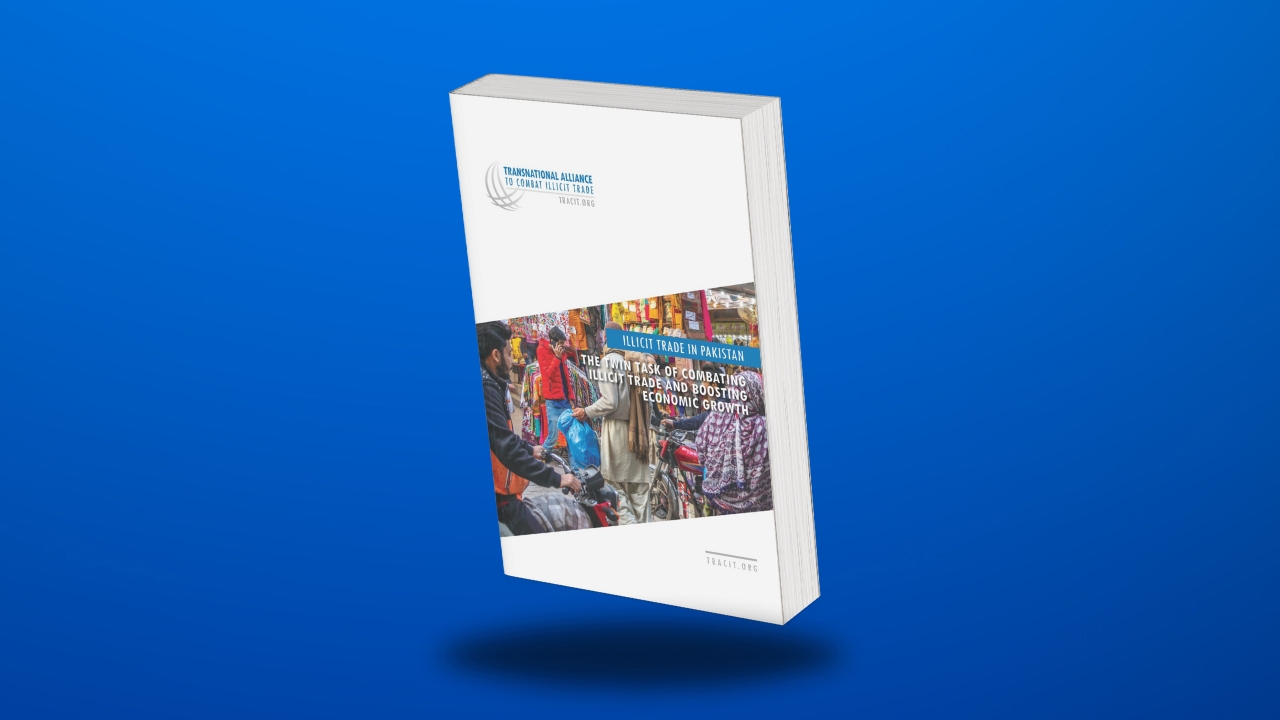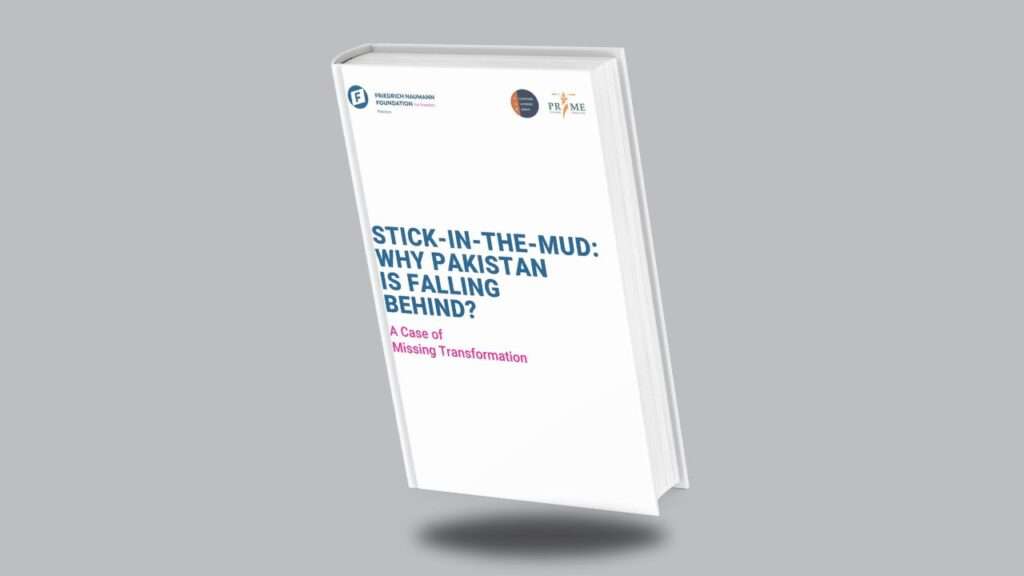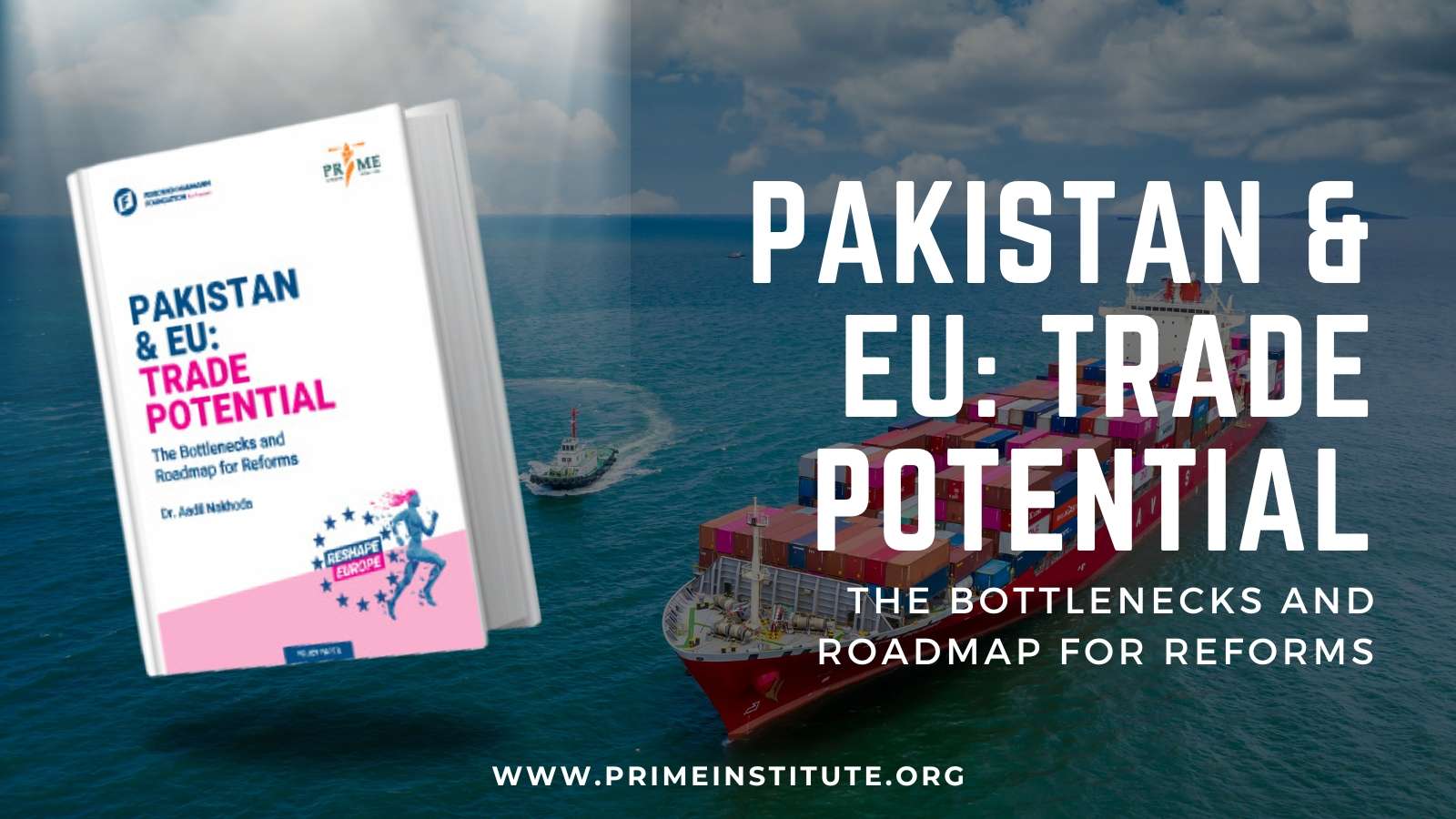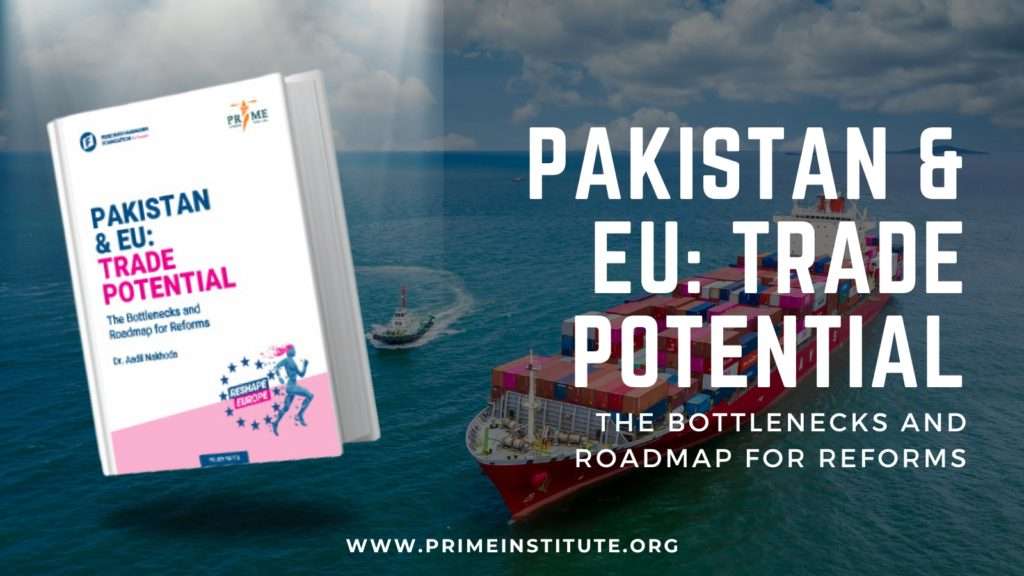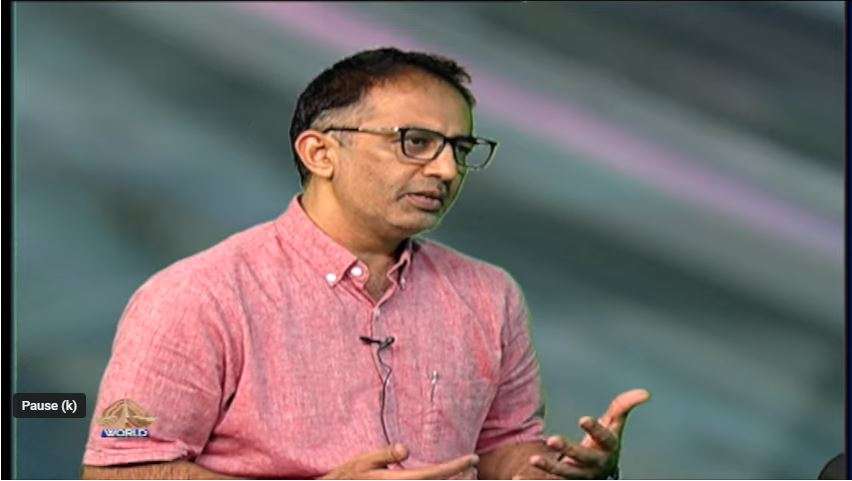4th Pakistan Prosperity Forum
The Dangers of Tax Progressivity and Super Tax
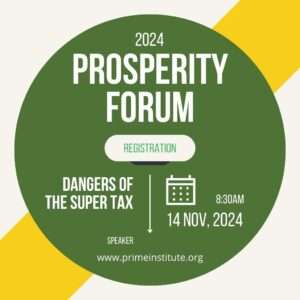
What is this year's theme?
The 4th Pakistan Prosperity Forum is designed as a pivotal event bringing together influential leaders from various sectors. It facilitates meaningful dialogue and innovation aimed at tackling economic challenges. This year, our focus is on the Tax regime. Join us to engage in transformative discussions!
How can I participate?
Participation is straightforward! You can request an invitation by writing to saad@primeinstitute.org. Be sure to secure your spot early as spaces are limited! This event is an invaluable platform for networking and enriching your understanding of Pakistan’s socio-economic landscape.
What topics will be covered?
The forum will cover a wide range of topics, including the problems with progressive taxation, the benefits of flat taxation, the trade taxation regime, and a critique of the present income and sales taxation regime, including most notably the Super Tax.
Who are the key speakers?
This year on the speaker’s roster, we have:
- Mr Alexi Aleksishvili, Former Finance Minister of Georgia
- Rizwan Rawji, Belgian Supply Side Economist
- Dr Ali Salman, Economist PRIME
- Dr Mahmood Khalid, Economist PIDE
What is the forum's impact?
The forum strives to make a significant contribution towards fostering innovation and collaborative approaches among stakeholders. Insights gained help shape policies and strategies that drive policy improvement, and sustainable growth across various sectors of Pakistan’s economy.
Are there networking opportunities?
Absolutely! The forum is meticulously structured to include various opportunities allowing attendees ample opportunity to network with like-minded individuals, professionals and key decision-makers. It’s a powerful chance to establish valuable connections and collaborations.
What resources are available?
A wealth of resources will be made available, including expert papers, guidelines, and case studies focused on the issues at hand. These materials can greatly aid participants in their understanding of the topics discussed at the forum, and beyond.
When and where does the forum take place?
Mark your calendars! The forum will take place on November 14th 2024, at the prestigious Marriott Hotel, Islamabad. Don’t miss this incredible opportunity to engage in impactful discussions about our beloved Pakistan!
Need further assistance?
If you have any more questions or require additional information, please don’t hesitate to contact us. We’re here to help you!



